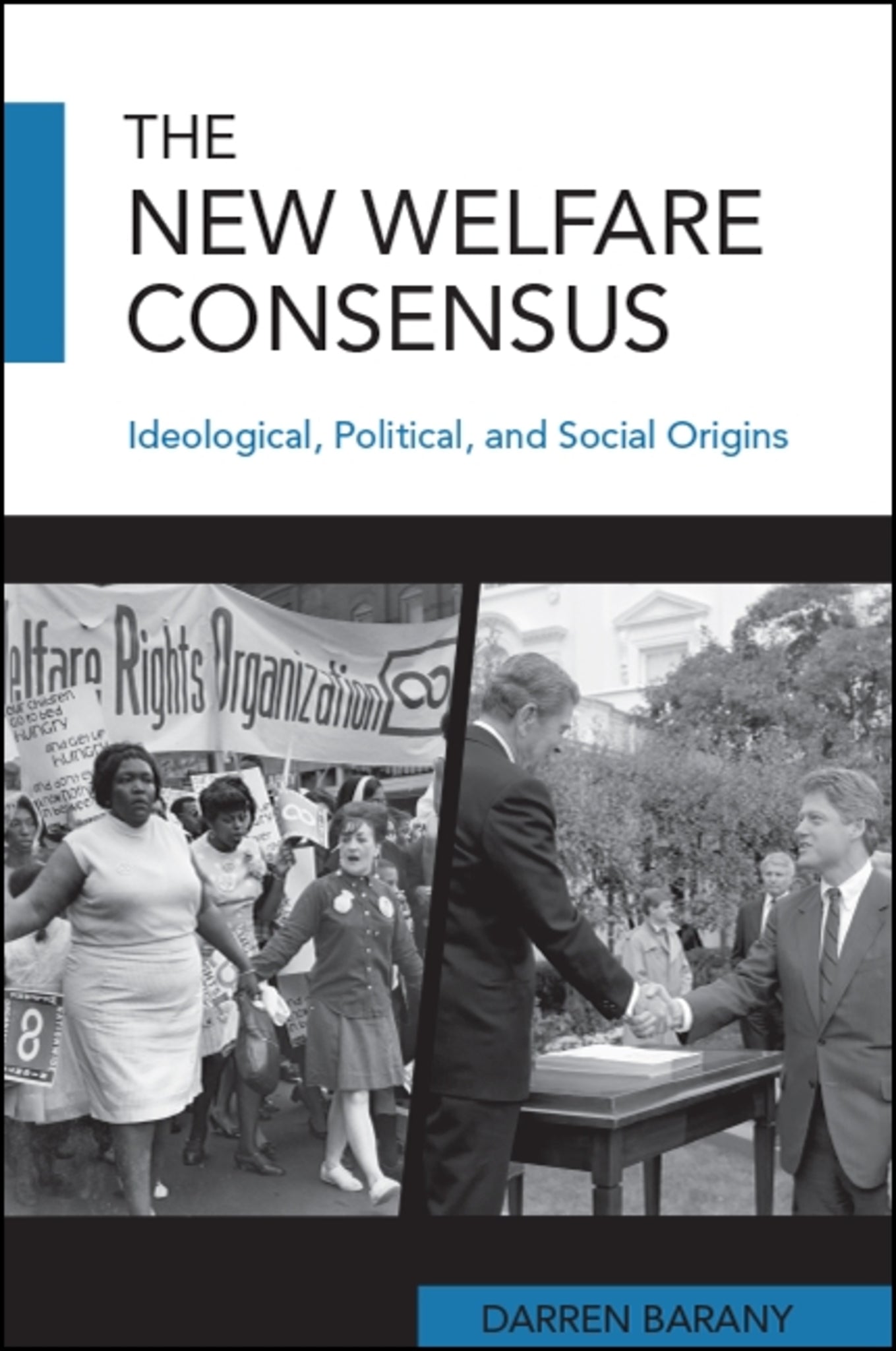We're sorry. An error has occurred
Please cancel or retry.
The New Welfare Consensus

Some error occured while loading the Quick View. Please close the Quick View and try reloading the page.
Couldn't load pickup availability
- Format:
-
02 July 2019

Discusses the conservative ideological and political attack on welfare in the United States.
Winner of the 2019 Paul Sweezy Marxist Sociology Book Award presented by the Marxist Section of the American Sociological Association
Families on welfare in the United States are the target of much public indignation from not only the general public but also political figures and the very workers whose job it is to help the poor. The question is, What explains this animus and, more specifically, the failure of the United States to prioritize a sufficient social wage for poor families outside of labor markets? The New Welfare Consensus offers a comprehensive look at welfare in the United States and how it has evolved in the last few decades. Darren Barany examines the origins of American antiwelfarism and traces how, over time, fundamentally conservative ideas became the dominant way of thinking about the welfare state, work, family, and personal responsibility, resulting in a paternalistic and stingy system of welfare programs.


"This book provides a skilled analysis of the conservative ideology about the welfare state. By analyzing the different strands of conservative thought, Barany shows how this ideology developed and converged into its contemporary form." — Joel Blau, author of The Dynamics of Social Welfare Policy, Fourth Edition
List of Illustrations
Preface
Acknowledgments
Introduction
Part I. Contending Conservatisms: Locating Divergences and Commonalities
1. The Old Libertarian Right and American Antiwelfarism, from the Interwar Period to 1960
2. Traditionalist Conservatism and New Right Antiwelfarism, the World War II Era to 1960
Part II. The Ascendance of the Neoconservatives
3. Fertile Terrain for Antiwelfarist Ideology in the 1960s
4. The Rightward Drift of American Liberalism and the Neoconservative Attack on the Social Safety Net in the 1950s and 1960s
Part III. Mobilizing A Countermovement and Constructing the Welfare Poor in the 1960s, 1970s, and 1980s
5. Elite Mobilization Against the Safety Net
6. Stabilizing the Myth of the Welfare Queen: The Economistic Paternalism of Reagan-Era Antiwelfarism
Part IV. The New Welfare Consensus
7. PRWORA and US Welfare Policy Discourse in the 1980s and 1990s
Conclusion
Notes
References
Index



